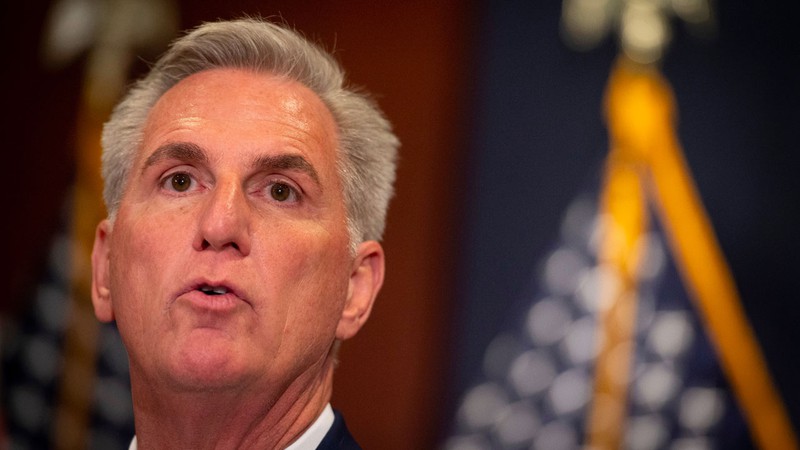U.S. Constitution spells out different procedures for naming new members of House and Senate

Consolidated News Photos Shutterstock.com
After Sen. Dianne Feinstein died at 90 in September, Gov. Gavin Newsom appointed Laphonza Butler to take her place until an election next year where voters will determine a more permanent replacement.
A decidedly different path awaits, though, in the wake of news that Rep. Kevin McCarthy (R-Fresno) will depart Congress at the end of this year.
Brian Joseph of Capitol Weekly has an interesting piece out that explains the nuanced differences, based on the U.S. Constitution, in handling replacements for U.S. senators and members of the House of Representatives who leave office.
Joseph explains that California is one of 37 states that allows governors to temporarily fill Senate vacancies until the next election. This is because of the Seventh Amendment to the Constitution, which went into effect in 1913. On the other hand, though, article I, section 2 of the Constitution only allows House vacancies to be filled through special election.
The difference traces in part to the Framers of the Constitution's approaches to the House and Senate, with Joseph writing, “As you might recall from your civics classes, our Founding Fathers designed Congress to have two chambers as a check and balance against tyranny. In Federalist 51, James Madison wrote in 1788 that ‘different modes of election’ is one way to combat oppressive government rule.”
In California, this will mean a special election before long to find McCarthy's replacement.
Read the full article, “No, Newsom can’t just name a replacement for Kevin McCarthy,” at CapitolWeekly.net.